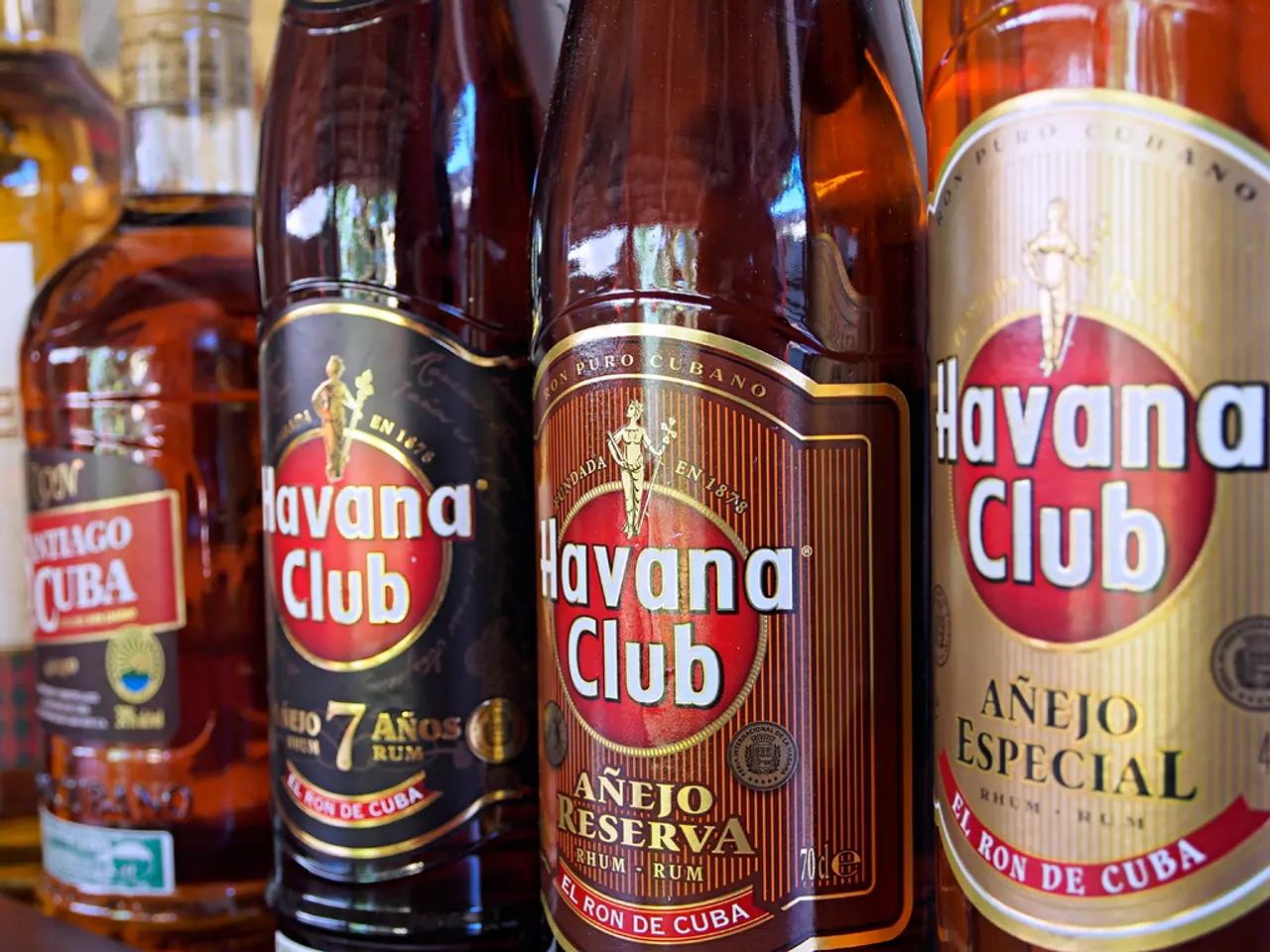World Health Organization Proposes Accelerated Price Hikes for Tobacco, Alcohol, and Fuel by 2035
The World Health Organization (WHO) has launched an ambitious initiative, dubbed the "3 by 35" Initiative, aiming to increase taxes on tobacco, alcohol, and sugary drinks by at least 50% by 2035. This move is part of a broader strategy to curb the global epidemic of non-communicable diseases (NCDs) such as heart disease, cancer, and diabetes, which are responsible for over 75% of global deaths according to WHO data.
The WHO believes that these tax increases could be a cost-effective way to reduce the consumption of harmful products, particularly among young people and lower-income groups who are often targeted by advertising. By doing so, the organization estimates that it could prevent 50 million premature deaths over the next 50 years.
Moreover, the initiative is expected to generate up to $1 trillion in revenue over the next decade. This revenue could be reinvested in health care, education, and social protection, helping to strengthen health systems and support development programs, including universal health coverage. The WHO emphasizes that health systems are under strain from rising NCDs, declining development aid, and growing public debt.
The initiative also calls for multisectoral alliances involving ministries of finance and health, parliamentarians, civil society, and researchers to design and implement effective taxation policies. The goal is to build broad political support and accelerate progress toward Sustainable Development Goals.
Russia has already taken steps in this direction, with an increase in taxes on tobacco, alcohol, and sugary carbonated drinks this year. As of the beginning of 2025, the tax rate on ethyl alcohol in Russia has risen by 15%, setting it at 740 rubles per liter.
The WHO reports an increase in NCDs worldwide, linked to tobacco, alcohol, and sugary drink consumption. The organization advocates for these tax increases as a means to finance core healthcare programs and address the strain on health systems caused by these diseases.
In summary, the WHO's "3 by 35" Initiative aims to reduce the availability of harmful products and their consumption, cut future healthcare expenditure, and redirect funds to core healthcare programs. This move is seen as a crucial step in the fight against NCDs and the pursuit of global health and development goals.
- The health-and-wellness industry could potentially benefit from the WHO's "3 by 35" Initiative, as increased revenues generated from higher taxes on harmful products might be reinvested in areas like nutrition and therapies-and-treatments for diseases like heart disease, cancer, and diabetes.
- Alongside the finance industry, ministries of finance and health are essential partners in the WHO's initiative, as they collaborate to design and implement taxation policies that aim to reduce the consumption of harmful products and strengthen health systems.
- By reframing the finance perspective towards health-and-wellness, the "3 by 35" Initiative demonstrates the interconnectedness of various industries in achieving a common goal: reducing the global burden of non-communicable diseases, promoting a healthier global population, and advancing the Sustainable Development Goals.




